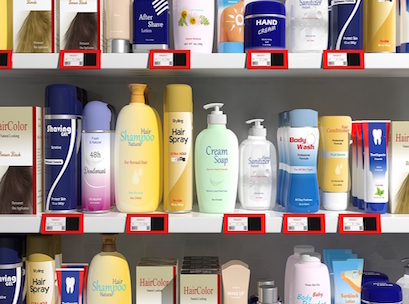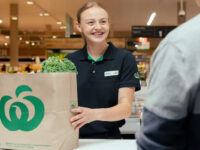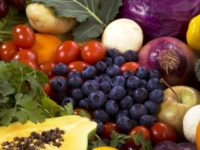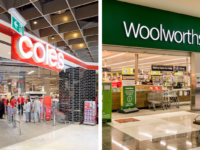 Australian supermarkets are slashing private labels to boost sales hampered by competition, said an IBISWorld senior industry analyst.
Australian supermarkets are slashing private labels to boost sales hampered by competition, said an IBISWorld senior industry analyst.
“Woolworths is following Coles by simplifying its private-label brands in an attempt to restore sales growth. This is largely due to increasing competition between the two major supermarkets and emergent players such as Aldi and Costco,” Brooke Tonkin said, following Woolworths’ move to end its production of Select private labels.
Private-label products are often cheaper than branded merchandise. This has allowed consumers to enjoy gourmet and discretionary items for less. The rapid introduction of new private-label products has resulted in drastically increasing competition within the private-label space, according to Tonkin.
IBISWorld found parallels with supermarkets in the United Kingdom that have sought to reduce the number of products available in each category to make shoppers’ experience less confusing. In 2015, UK-based Tesco announced its intention to significantly reduce the number of lines in each category.
“At present, between 20 per cent and 25 per cent of supermarket shelf space at the two major Australian supermarkets is dedicated to private labels. The share of total sales for private labels is expected to approach 35 per cent by 2020-2021, as supermarkets offer more private-label products, but under fewer private label brands,” said Tonkin.
Both Woolworths and Coles have focused less on profit margins and more on market share in recent years, a strategy that has hurt Woolworths’ profitability.
Increasing private-label sales have enabled Coles to post profit growth over most of the past five-year period. Aldi has also enjoyed profit growth over the period. “This has lifted the industry’s average profit margin over the past five years,” added Tonkin.
“While the popularity of private labels continues to grow, there has been some concern about private-label eggs and dairy products, most notably milk in recent weeks. Concerns centre on the treatment of animals and the price being paid to the farmer,” concluded Tonkin.















